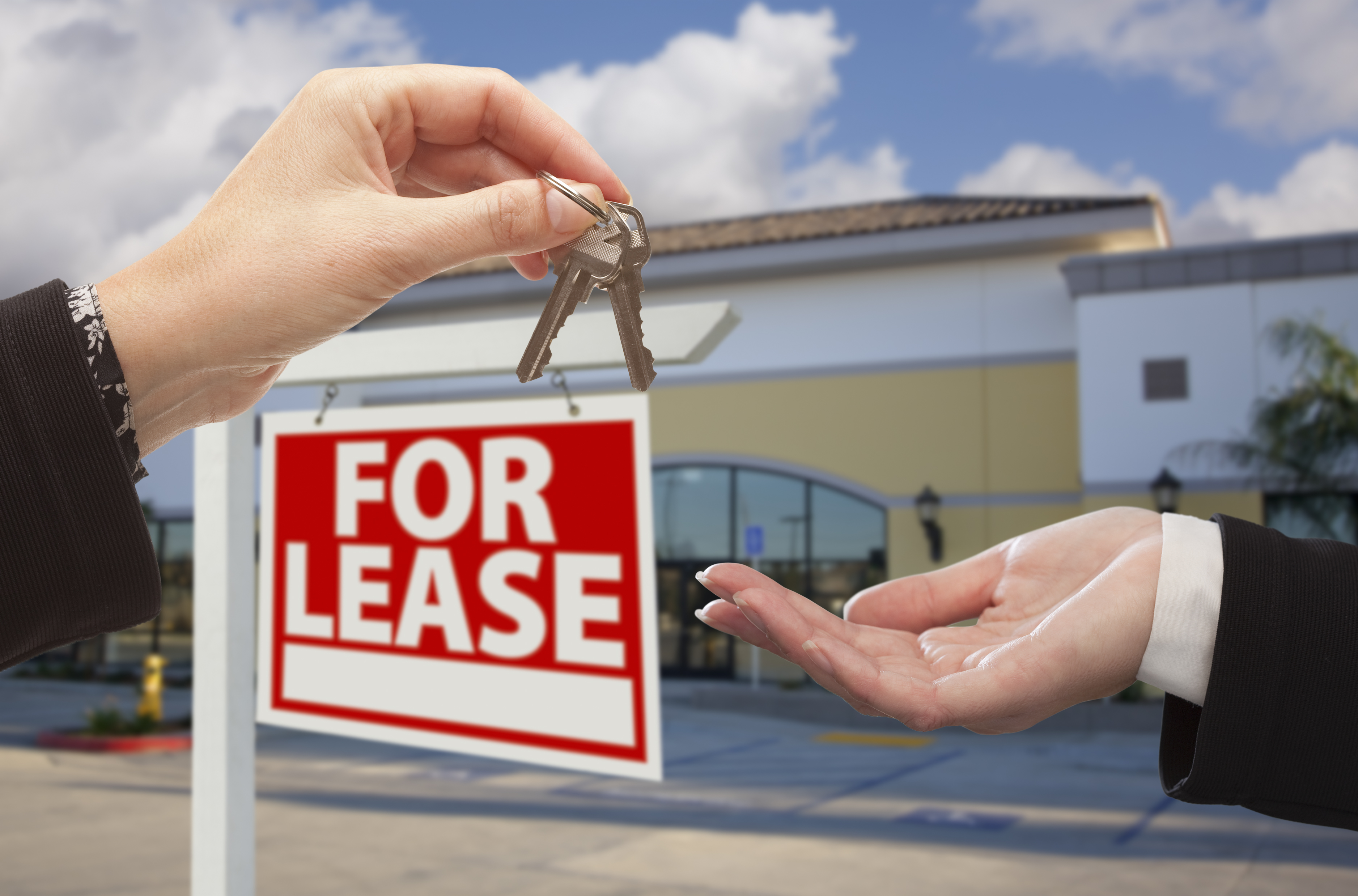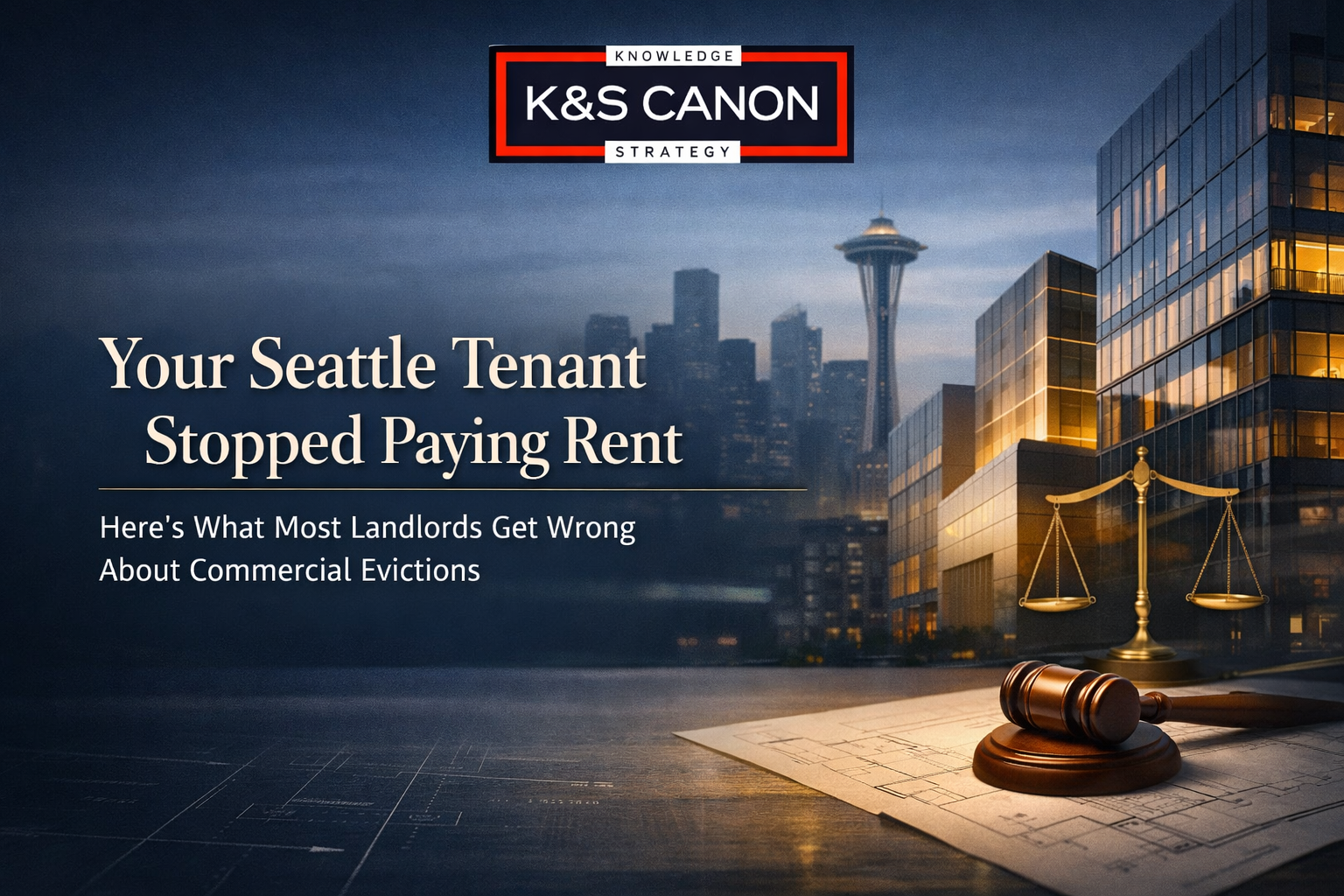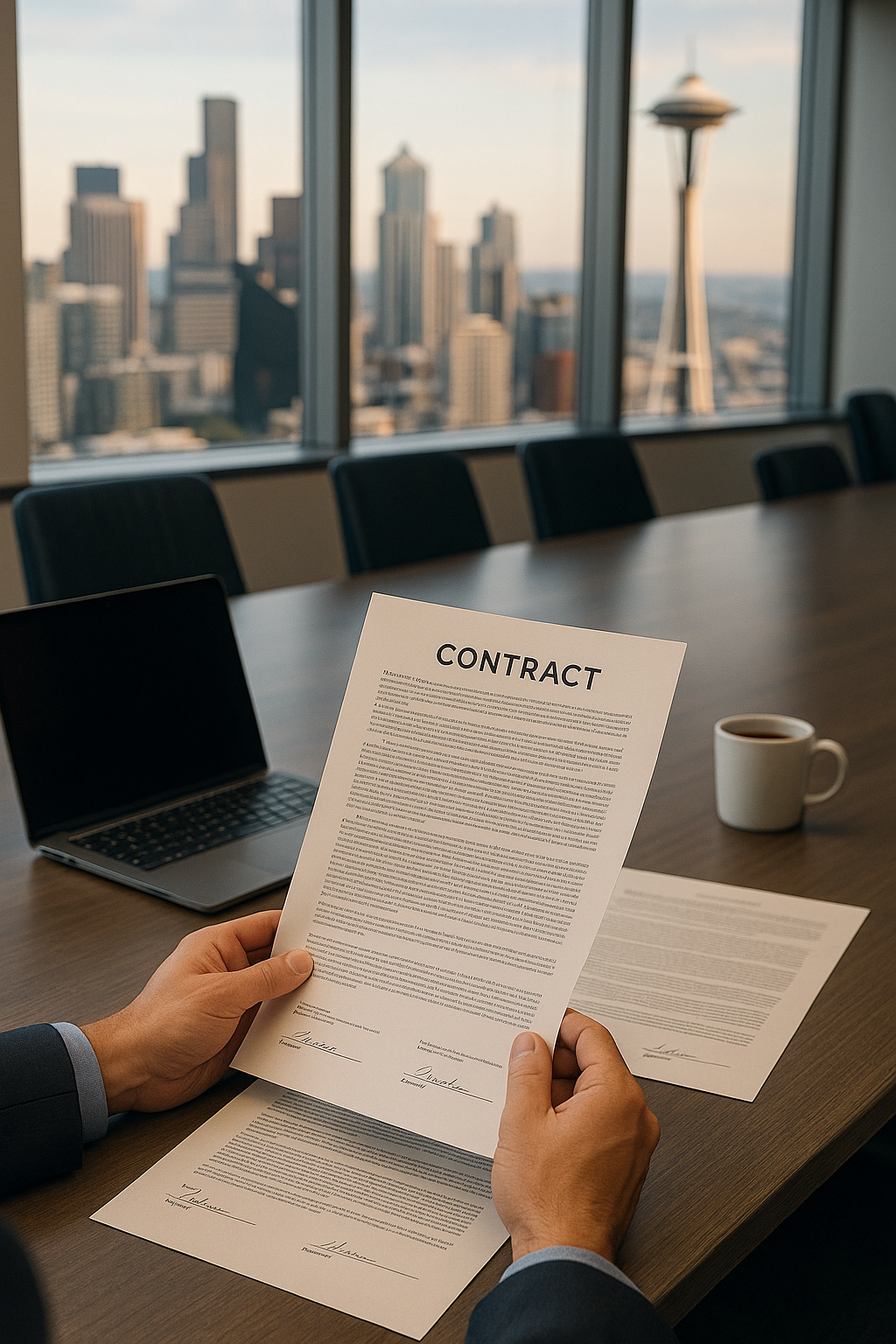What Are the Key Clauses in a Commercial Lease?

After finding a commercial property that seems to meet your business needs, the next step might involve looking over the commercial lease terms. These leases can be quite detailed and sometimes overwhelming, but it could be beneficial to go through each section before signing. Doing this might help reduce the chances of misunderstandings between you and the landlord in the future.
In Washington State, commercial lease clauses are typically designed to align with state and local laws, which aim to protect both parties. Often, these clauses might be open to negotiation, so having a general understanding before entering a lease could be helpful.
Common Clauses That Might Be Found in a Washington State Commercial Lease
While all commercial leases will vary, especially depending on the type of space you are leasing (ex. office, restaurant, retail, services, etc.), here are some general clauses that are often included in commercial lease agreements in Washington State:
- Lease Term
The lease term generally outlines the duration of your lease, which could bind you financially, even if business conditions change. Thus, it is important to understand how long your lease. - Premises Description
This clause usually describes the space you’ll be leasing. For leases covering entire buildings, this might be straightforward. However, if you're leasing just a part of the property, this clause could provide more detailed information, especially in shared spaces. It is important to know the size of the space because it will most likely determine the rent you pay, along with other charges. - Rent Escalation
Rent escalation clauses typically explain how and when rent might increase during the lease term. In Washington, these increases could be based on a fixed schedule or tied to other factors like inflation or rising costs. It is a good idea to request the landlord provide you with a table listing out the date rent will increase and how much you will pay so there is no confusion after you are already bound by the lease. - Use of Premises
This clause might outline the permitted uses of the property, including any restrictions on the type of business or activities allowed. In Washington, zoning laws could play a role in determining what’s allowed, and this might be reflected in the lease. If you’re in a shared space, additional conditions could apply, especially if other tenants are involved because there may be restrictions on competition with existing tenants. For example, if a complex has one burger restaurant, the landlord may not allow a second burger restaurant due to the landlord’s promise to the existing tenant that he or she will not rent to a competing business in the same building. - Improvements and Alterations
This part of the lease might cover updates or changes to the space and outline how they will be handled by the landlord and tenant, along with who would be responsible for the costs. It should address when the landlord’s consent will be needed to make any alterations. For example, a landlord may not require you to get permission if it is a minor alterations, but if you are look to do something like cut a hole in the wall to make a new entrance, the landlord will probably want to be consulted. - Insurance Requirements
Leases might require tenants to carry certain types of insurance, like property or liability coverage. The specific types and amounts could sometimes be discussed with the landlord to better suit your needs and will likely depend on the nature of your business. - Renewal Options
The renewal clause usually outlines the steps for extending your lease on the same terms, along with notice periods and potential rent adjustments. Having a well negotiated renewal option in your lease can reduce negotiation time and cost when the lease is up, so it is important not to overlook this section of the lease because a landlord is likely going to want this section to allow for significant rent increases and easy to invalidate.. Ensuring that your renewal options align with both your business needs and any applicable state laws might be something to consider.
By getting a basic understanding of these clauses, especially as they might apply under Washington State law, you could feel more prepared when approaching your commercial lease. However, it’s always a good idea to consult with someone knowledgeable if you’re unsure about any details.
Disclaimer: The information provided in this article is for general informational purposes only and does not constitute legal advice. Every commercial lease is unique, and laws and regulations may vary. It is recommended to consult with a qualified attorney to address your specific situation and ensure compliance with all applicable laws.




